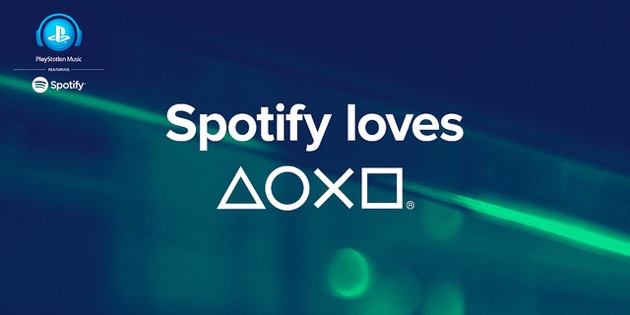
This event was the culmination of the last 3 years of my professional life. This was by far the most difficult and challenging job I have ever had in my career, and the most challenging of the many, many music services I have helped build, launch, and operate.
For a variety of reasons, I will not be discussing it in detail. Suffice it to say that it was quite an experience.
These last 3 years were exhausting, but I remain grateful for the opportunity. I traveled to London, Tokyo, Stockholm, and other amazing places. I met some remarkable, wonderful people.
I'd like to believe I have emerged from this gig if not exactly unscathed, at least slightly wiser, seasoned, and confident, with a better understanding about who I am and what I do.
My immediate team deserves special acknowledgement: Rebecca Carpenter, Nick Dedina, Maryann Faricy, Clane Hayward, Danielle Machado, Jon Pruett, and Seth Schulte all did an incredible job with very little.
Also thanks to Al Fuentes, Takashi Hodama, Brian Kurtz, and Sarah Lemarie for program management support -- the other half of what made the business run.
どうもありがとうございます to our colleagues in Tokyo: Yasuhiro Habara, Tohru Kurata, Satoshi Kobayashi, Yuki Hashimoto, and Itsuki Asanuma. Thank you for your hospitality and hard work.
I also extend my heartfelt thanks to my supervisor Mike Aragon, for his unflagging support.
And finally, thanks to my good friend Thomas Muer for bringing me in to Sony.
For the first time in many years, I do not know what I want to do next. I am pretty sure my next job will not be in the digital music business. This isn't the first time I've left a digital music service, (by a long shot) but it may be the last. After more than 15 years, I am ready for a change.
I will miss seeing my colleagues every day, and I expect I will eventually feel some loss at being out of the digital music game. For now, I'll savor the victories my team had, put my feet up for a bit, and listen to some records.